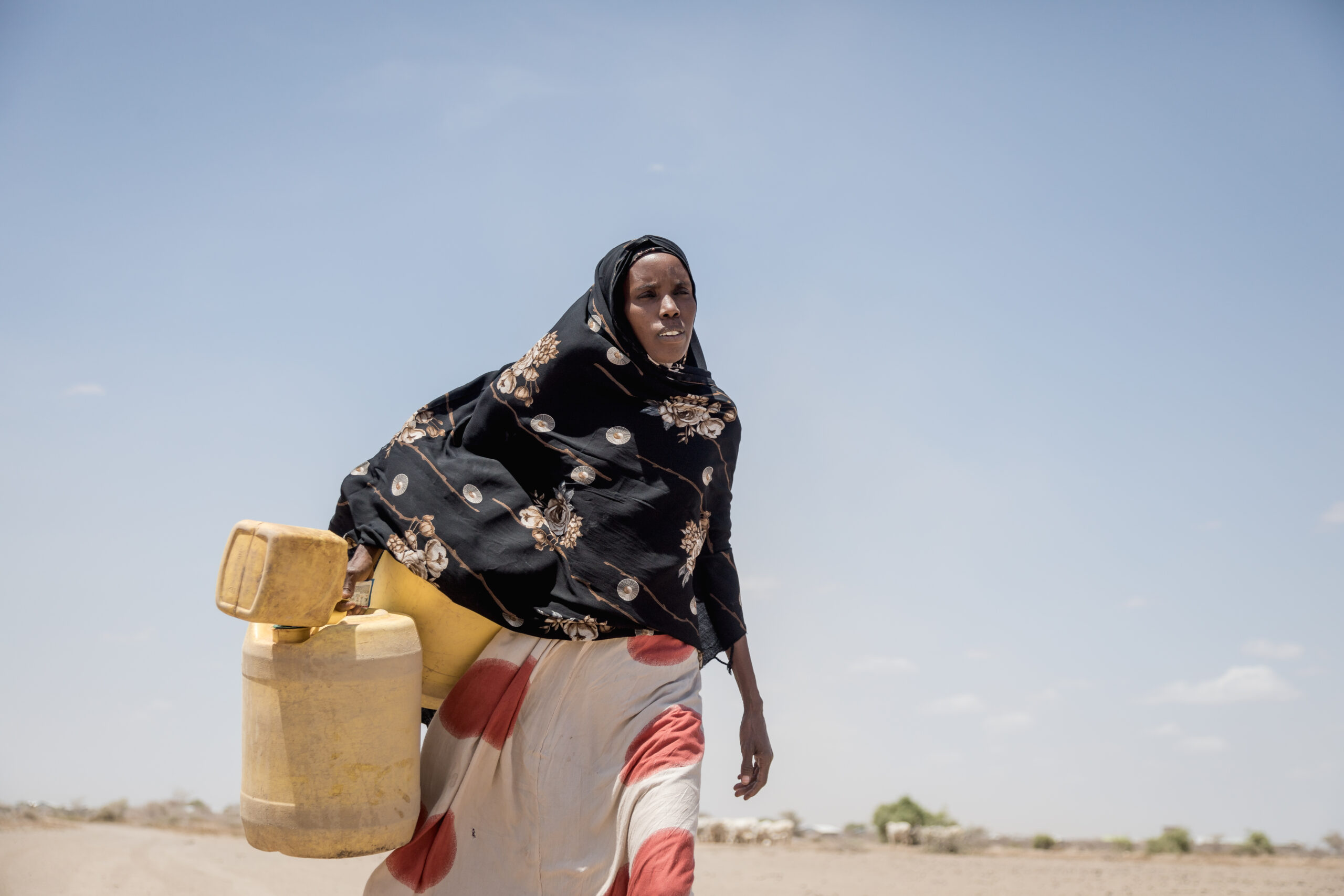By Jamie Livingstone,
It’s 12 months since world leaders met in Glasgow for global climate talks and, just days from now, the twenty seventh instalment begins in Sharm el-Sheikh in Egypt.
It’s a new city, and there’s new hope, but negotiators face old issues which are yet more urgent.
While Alok Sharma, the COP26 President, celebrated the Glasgow Climate Pact as keeping “1.5 degrees alive”, the UN this week said we remain on track for a catastrophic global temperature rise of 2.5°C.
The collective commitments of countries to reduce their emissions remain wholly inadequate.
Here in the UK, it is positive that the Prime Minister has admitted that his predecessor made mistakes, including on fracking: but Rishi Sunak should also include the approval of a new round of oil and gas drilling in the North Sea on that list of errors.
Without ending such climate-wrecking activities, in the UK and beyond, we will continue to march headlong into climate devastation, while pushing people in lower-income countries to the front of the queue, and without the help they need.
That’s why, alongside reducing emissions, the defining issue at COP27 is whether rich, high-polluting nations finally agree to a new mechanism that addresses climate-induced loss and damage – the destructive impacts of the climate crisis that can’t be avoided by reducing emissions or adapting to rising temperatures.
Since the mechanism was first proposed in 1991, an average of 189 million people per year have been affected by extreme weather-related events in developing countries.
Yet, in Glasgow, rich nations again blocked progress.
But these calls will not be silenced. Not when people’s lives are being destroyed.
East Africa is a prime example of severe hunger, made worse by climate change.
Somalia, Kenya and Ethiopia are suffering the worst drought in 40 years and, without intervention, one person is likely to die of hunger every 36 seconds between now and the end of the year.
Yet, shamefully, the international community is fiddling in the face of impending famine.
In Somalia, the UN’s top humanitarian chief says famine is now “at the door”, an injustice that’s compounded by the fact that the entire continent of Africa produces less than four per cent of global emissions.
Meanwhile, in Pakistan, devastating floods have directly affected 33 million people, with an estimated repair bill of more than $30 billion.
Pakistan will be left with little choice but to take out another international loan to help people recover.
Funding from a Loss and Damage Finance Facility would instead be new and additional and come in the form of non-repayable grants from the governments of rich nations who contribute most to global emissions.
And they don’t need to look far to find the money.
While 55 of the most climate-vulnerable countries have suffered climate-induced economic losses totaling over half a trillion dollars during the first two decades of this century, fossil fuel industry profits between 2000 and 2019 could have covered these costs almost sixty times over.
Positively, First Minister Nicola Sturgeon is championing this issue, building on the Scottish Government’s status as the first country to commit dedicated funding to addressing loss and damage as an “act of reparation”.
Scotland, like all rich, high-polluting nations, cannot hide from its historic – and current – responsibilities.
But, amid public finance pressure, Scotland’s international support should be funded by making polluters pay, with research for Stop Climate Chaos Scotland identifying a range of options.
Critically, it also shows how Scotland’s tax and spending measures can help ensure that fears that upcoming emissions reductions targets will be missed – having failed to hit three out of the last four – are misplaced.
After all, cutting emissions and financing loss and damage are two sides of the same climate justice coin.
This article originally appeared in The Scotsman.
